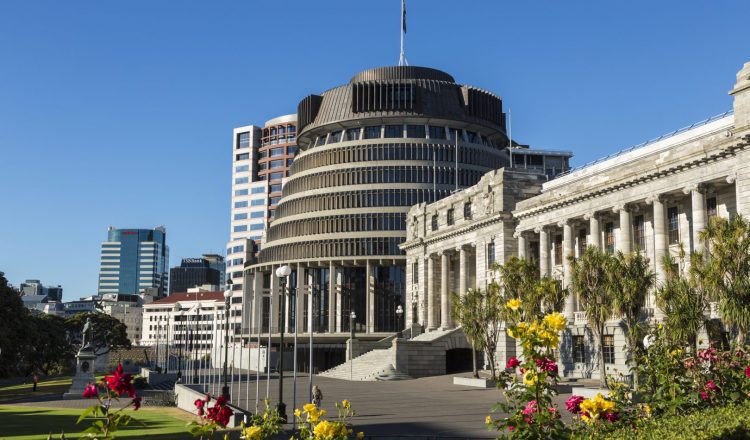Office of the Ombudsman
What is the Ombudsman?
The concept of the ombudsman comes from Sweden and roughly means ‘complaints’ or ‘grievances man’. New Zealand was one of the first nations to adopt this role into their governmental system, which is testament to the country’s emphasis on equality and fairness. The ombudsman is an independent, impartial figure appointed by the Governor-General, that fills a vital role by ensuring and prioritising fairness for the people of New Zealand. The Ombudsman does this by investigating complaints made by the public against government agencies. These agencies include those at the level of both central government, such as inland revenue, and local government such as the council. The office of the ombudsman can also investigate state owned enterprises like KiwiRail as well as universities.
Additionally to the aim of preventing and punishing unlawful or corrupt practises in government workplaces, the ombudsman investigates the treatment of prisoners in prisons and detention centres. Those who report potential violations are known as ‘whistleblowers’ and are to be protected by the ombudsman to preserve the fairness of the investigation. The office of the ombudsman also provides feedback and training for government agencies, to make sure that they are operating correctly and within the law.
Making a Complaint
Making a complaint to the office of the ombudsman should be considered a last resort, as many of these government agencies have their own complaint logging services. The ombudsman will only consider taking action on your behalf if you have logged a recent complaint with the agency and contacted the head of the agency without receiving any results. Some government agencies, such as the police force, have their own independent complaints investigators, and are thus out of the reach of the ombudsman.
Here are some tips for logging a complaint with a government agency:
- Set out your complaint clearly and concisely.
- Submit your name and contact details.
- Include times, dates and places that are important to the complaint.
- Describe the problem to the best of your ability.
- Note down any phone calls or meetings you have had to resolve the problem.
- Communicate your reasonable demands.
- Include additional information or relevant documents.
If your complaint still goes unnoticed, you should consider contacting the office of the ombudsman by either calling, emailing or writing a letter. Understand that the ombudsman may refuse your request due to the amount of time passed since the incident, so don’t delay your complaint unnecessarily.

















































